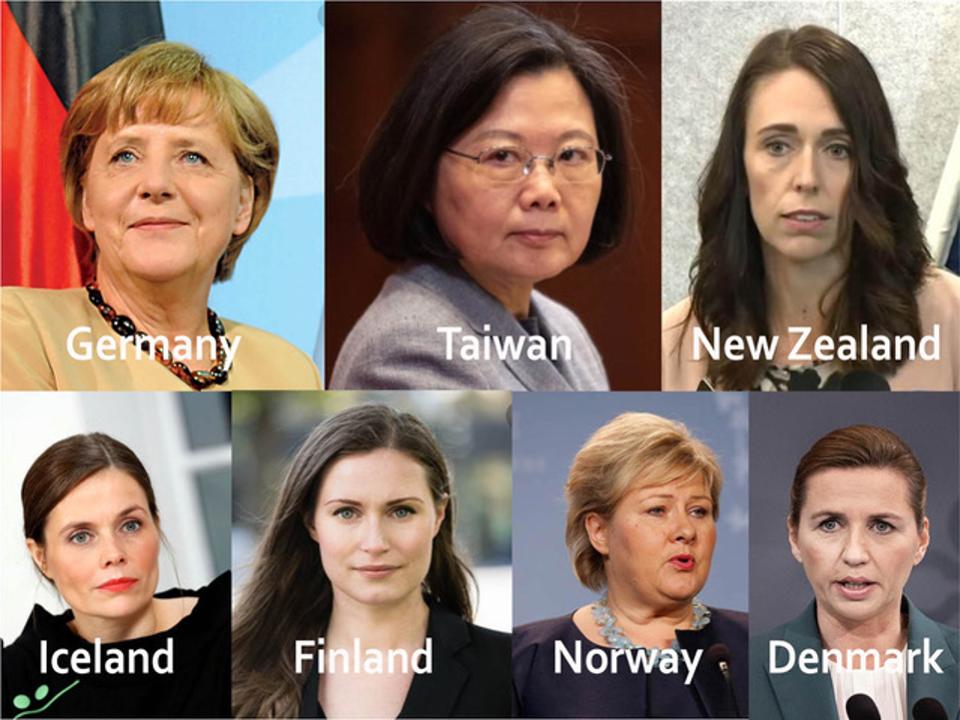THE IMPORTANCE OF WOMEN’S EMPOWERMENT FOR COMMUNITY DEVELOPMENT

Women empowerment refers to complete emancipation of women from socio-economic shackles of dependency and deprivations. Often made synonymous to gender equality, the term women empowerment encompasses a much larger set of principles that needs whole-hearted attention. Empowerment of women would mean encouraging women to be self-reliant, economically independent, have positive self-esteem, generate confidence to face any difficult situation and incite active participation in various socio-political development endeavours.
The growing conscience is to accept women as individuals capable of making rational and educated decisions about them as well as the society, increasing and improving the economic, political and legal strength of the women, to ensure equal right as men, achieve internationally agreed goals for development and sustainability, and improve the quality of life for their families and communities.
Women empowerment in its actuality is synonymous with complete development of the community. An educated woman, with knowledge about health, hygiene, cleanliness is capable of creating a better disease-free environment for her family. A self-employed woman is capable of contributing not only to her family’s finances, but also contributes towards the country’s economic development. A shared source of income is much more likely to uplift the quality of life than a single income household and more often than not helps the family come out of poverty trap.
Women aware of their legal rights are less likely to be victims of domestic violence or other forms of exploitations. Basic legal information about rights and knowledge on the different acts like the Matrimony act and Domestic Violence act, is vital for any woman to have, as this knowledge will empower them to be able to better handle such situations for themselves as well as those around them who might find themselves in such situation.
When women are living safe, fulfilled and productive lives, they can reach their full potential. Contributing their skills to the workforce and can raise happier and healthier children. A key part of this empowerment is through education, training, awareness raising, building self-confidence, expansion of choices, increased access to and control over resources, and actions to transform the structures and institutions that reinforce and perpetuate gender discrimination and inequality. These are important tools for empowering women and girls to claim their rights which leads to community/national development.


